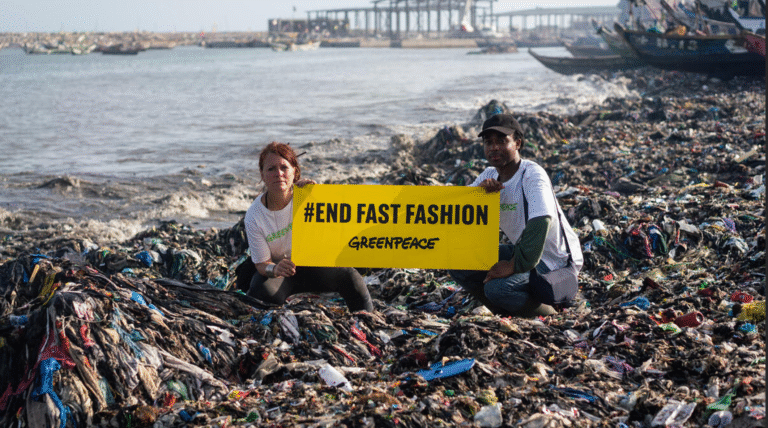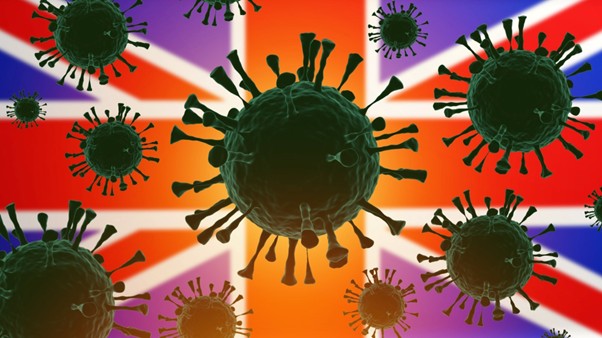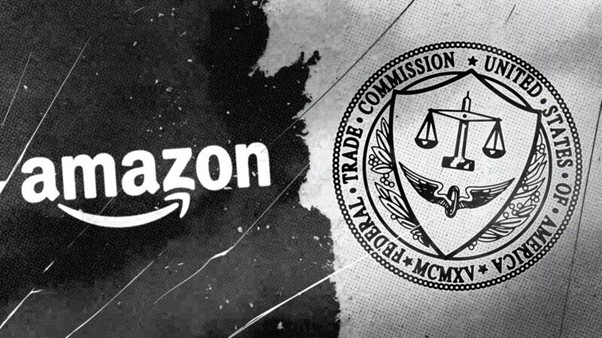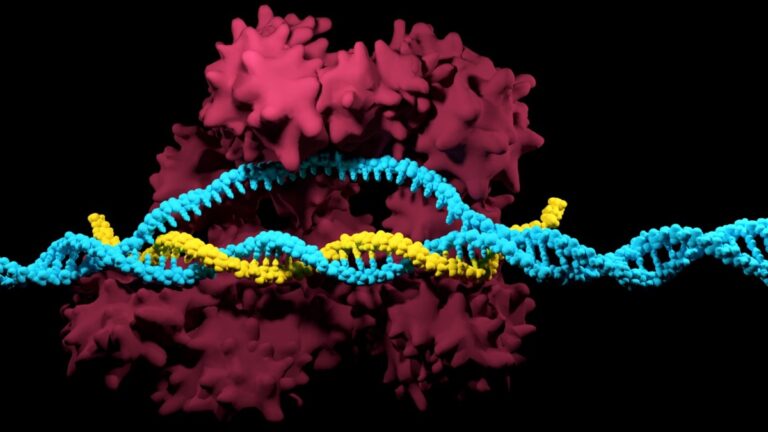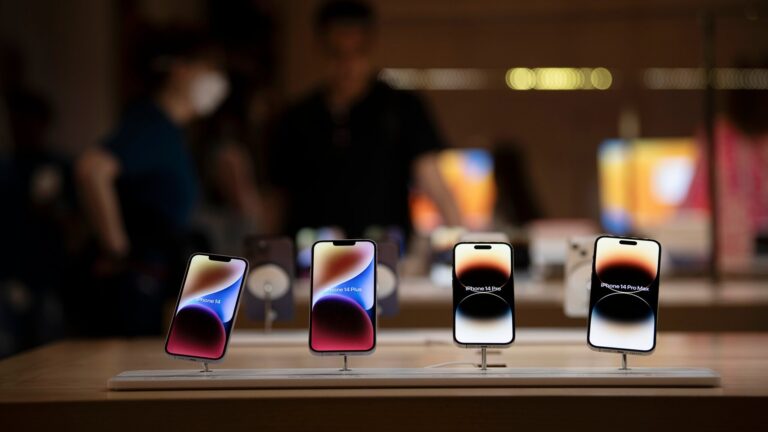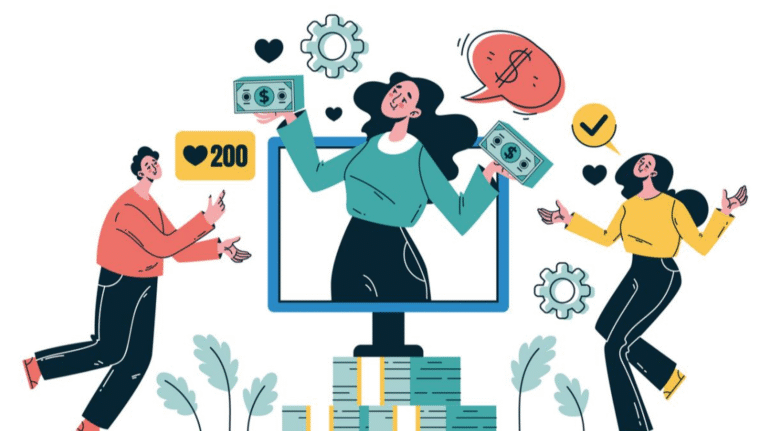Discover the health benefits of coffee, daily coffee consumption risks, and why millennials and Gen Z are obsessed with coffee culture. Uncover science-backed insights on coffee’s impact on health and tips for a balanced coffee lifestyle in this engaging guide.
Introduction
Hey, coffee lovers! Whether you’re a millennial sipping a flat white at a chic café or a Gen Z brewing a pour-over for your TikTok, coffee is your vibe. It’s more than a drink—it’s a lifestyle, a ritual, and a social flex. But is drinking coffee every day a health hack or a hidden risk? In this ultimate coffee guide, we dive into the pros and cons of coffee, backed by science, and explore why millennials and Gen Z are driving the coffee culture wave. From health benefits to coffee trends, we’ve got the full scoop. So, grab your espresso, and let’s spill the beans on daily coffee consumption!
The Science of Coffee: Health Benefits
Your morning coffee isn’t just a mood-lifter—it’s packed with health benefits. Research shows that moderate coffee consumption (2-5 cups daily) can lower the risk of serious conditions like heart disease, stroke, type 2 diabetes, and certain cancers [1]. According to Johns Hopkins Medicine, coffee drinkers face a reduced risk of death from coronary heart disease, stroke, diabetes, and kidney disease [1]. One to two cups daily may even help prevent heart failure, where the heart struggles to pump enough blood [1].
For metabolic health, coffee shines. Studies suggest regular coffee intake cuts the risk of type 2 diabetes by improving glucose processing [1]. Brain health gets a boost too—caffeine may lower the risk of Parkinson’s disease and improve movement control for those diagnosed [1]. Your liver loves coffee as well, with both regular and decaf varieties linked to healthier liver enzyme levels [1].
Coffee also strengthens DNA, as dark roast coffee reduces DNA strand breakage, potentially lowering cancer and tumor risks [1]. Specific cancers, like colon cancer, see a 26% reduced risk among coffee drinkers [1]. For mental health, coffee may lower Alzheimer’s disease risk, especially for women over 65 drinking 2-3 cups daily [1]. Women also benefit from a lower stroke risk—the fourth leading cause of death—with just one cup a day [1].

The Flip Side: Potential Health Risks
While coffee is a superstar, too much can brew trouble. Excessive coffee consumption can spike anxiety, especially for those already prone to it [2]. If your third latte leaves you jittery, it’s a sign to dial back. Bone health is another concern—a 2022 meta-analysis linked high coffee intake to increased hip fracture risk, particularly in women over 50, affecting about 20% of this group [2].
Pregnant coffee drinkers need caution. Up to 200 mg of caffeine daily (roughly one 8-oz cup) is safe, but higher amounts may raise risks of miscarriage, stillbirth, or low birth weight [2]. Blood pressure can see a temporary spike from coffee, though long-term use doesn’t increase hypertension risk [2]. Still, if you have high blood pressure, keep tabs on your caffeine intake. Lastly, caffeine dependency is real—daily coffee can lead to withdrawal symptoms like headaches if you skip your morning brew [2].
Table: Coffee’s Health Impacts Overview
| Health Aspect | Benefit | Risk |
|---|---|---|
| Heart Health | Reduced heart disease, stroke risk | Temporary blood pressure increase |
| Diabetes | Lower type 2 diabetes risk | – |
| Liver Health | Healthier liver enzyme levels | – |
| Mental Health | – | Increased anxiety with excessive coffee |
| Bone Health | – | Higher fracture risk in women 50+ |
| Pregnancy | – | Risks of miscarriage, low birth weight |

Coffee Culture: Why Millennials and Gen Z Are Obsessed
For millennials and Gen Z, coffee is more than fuel—it’s a cultural flex. Surveys reveal that 63% of millennials (25-39) and 47% of Gen Z (18-24) drink coffee daily [3]. They’re driving the specialty coffee boom, with espresso-based drinks like lattes, cappuccinos, and flat whites surging 50% since 2015 [4].
Sustainability and ethical sourcing are non-negotiables. Millennials and Gen Z favor coffee brands that prioritize fair trade and eco-friendly practices [5]. Social media, especially Instagram, has made coffee a visual aesthetic, with latte art and cozy café vibes dominating feeds. Coffee shops are hubs for work, hangs, or content creation, aligning with the flexible lifestyles of younger generations.
The pandemic spiked at-home coffee brewing, with an 85% jump in home coffee consumption [6]. But as restrictions eased, coffee shops are buzzing again, proving the social coffee culture is here to stay. Whether it’s a nitro cold brew or a sustainably sourced pour-over, coffee is a lifestyle for millennials and Gen Z.
Table: Coffee Consumption by Age Group
| Age Group | Percentage Drinking Coffee Daily |
|---|---|
| 18-24 | 47% |
| 25-39 | 63% |
| 40-59 | 64% |
| 60+ | 72% |

Conclusion
Daily coffee consumption is a double-edged sword. Moderate coffee intake (2-5 cups) offers health benefits like lower risks of heart disease, diabetes, and cancers, plus liver and brain health boosts [1]. But overdoing it can spark anxiety, harm bone health, or pose pregnancy risks [2]. For millennials and Gen Z, coffee is a cultural cornerstone, with specialty coffee, ethical sourcing, and coffee shop vibes defining their coffee lifestyle [3][4][5]. To maximize coffee’s benefits, stick to moderation, choose sustainably sourced coffee, and savor your daily brew guilt-free. Here’s to coffee culture—keep brewing, coffee lovers!
References
[1] Johns Hopkins Medicine, “9 Reasons Why Coffee Is Good for You,” [Online]. Available: https://www.hopkinsmedicine.org/health/wellness-and-prevention/9-reasons-why-the-right-amount-of-coffee-is-good-for-you
[2] EatingWell, “Is Coffee Good for You? Benefits & Risks,” [Online]. Available: https://www.eatingwell.com/article/8069479/is-coffee-good-for-you/
[3] Drive Research, “Coffee Statistics: Consumption, Preferences,” [Online]. Available: https://www.driveresearch.com/market-research-company-blog/coffee-survey/
[4] Cafely, “Coffee Statistics, Consumer Trends 2024,” [Online]. Available: https://cafely.com/blogs/research/coffee-statistics
[5] Solai Coffee, “Millennials and Gen Z Coffee Drinkers,” [Online]. Available: https://www.solaicoffee.com/blog/solai-blog-2/millennials-and-gen-z-coffee-drinkers-28
[6] Balance Coffee, “US Coffee Consumption Statistics,” [Online]. Available: https://balancecoffee.co.uk/blogs/blog/coffee-consumption-statistics-us

